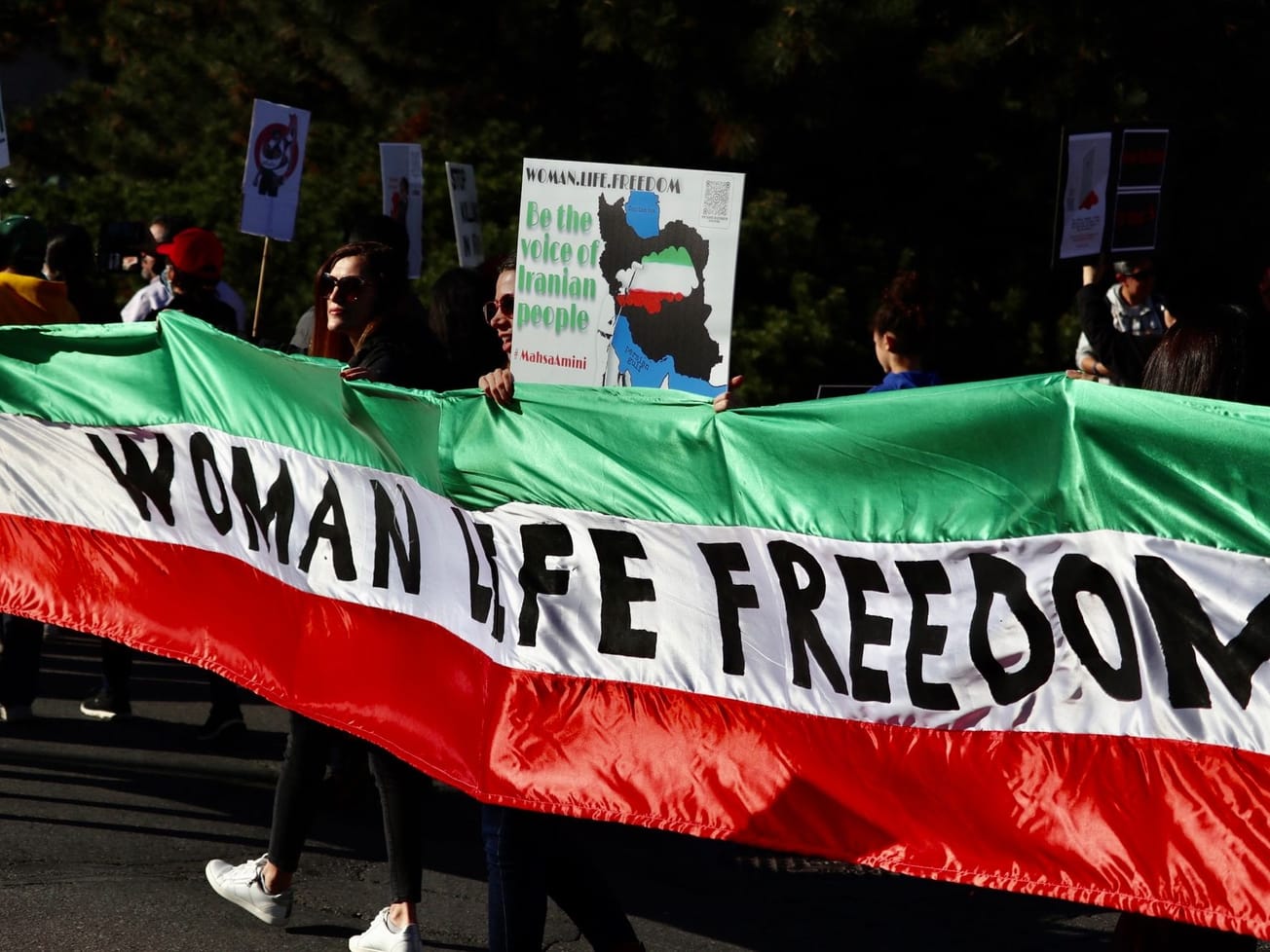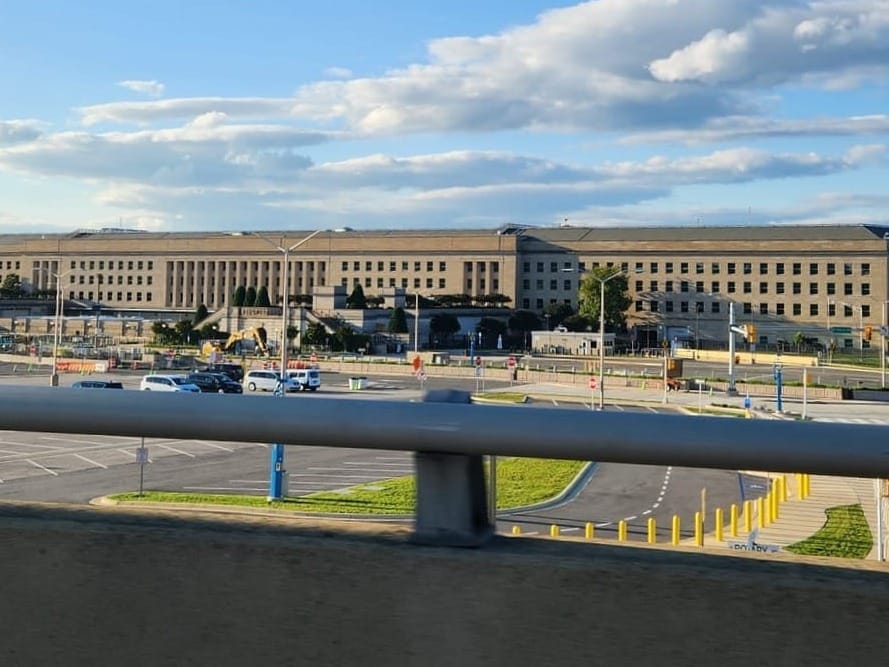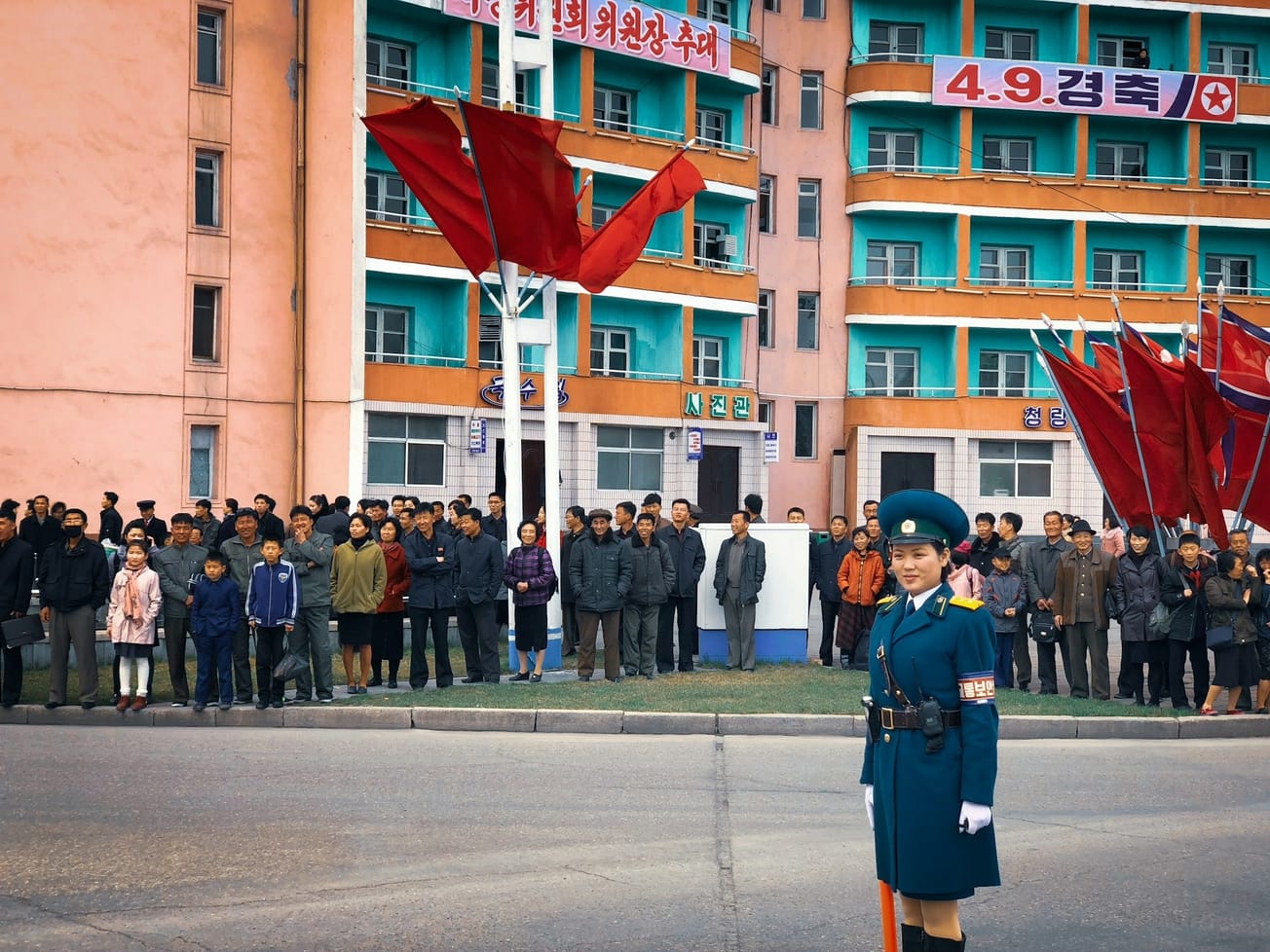An independent fact-finding mission will be established by the U.N. Human Rights Council after a vote to condemn Iran's crackdown on peaceful protesters in the wake of 22-year-old Mahsa Amini's death two months ago while in police custody.
The 47-nation council voted 25-6 to approve a resolution by Germany and Iceland on Thursday to condemn the violence in Iran and set up a probe of abuses against women and children. Armenia, China, Cuba, Eritrea, Pakistan and Venezuala opposed the measure, and 16 other nations abstained.









